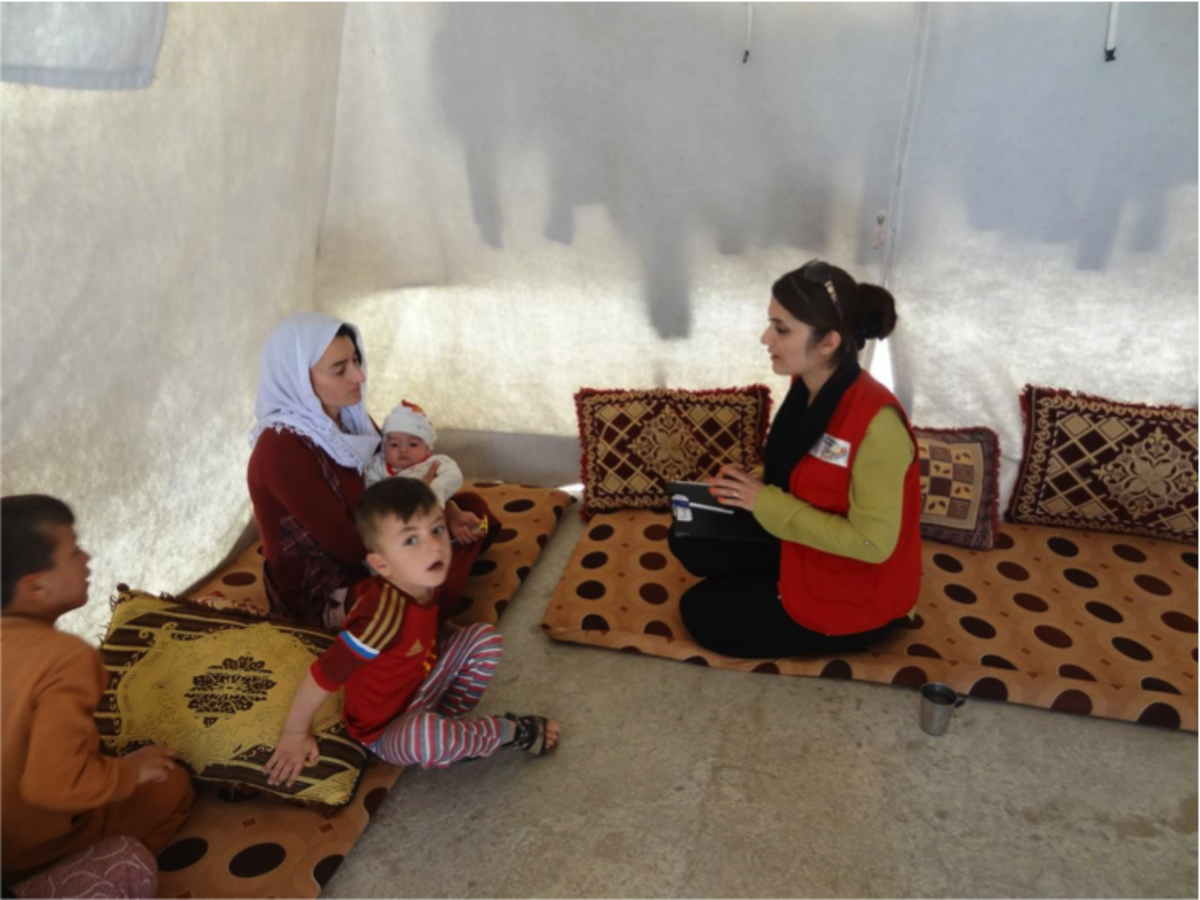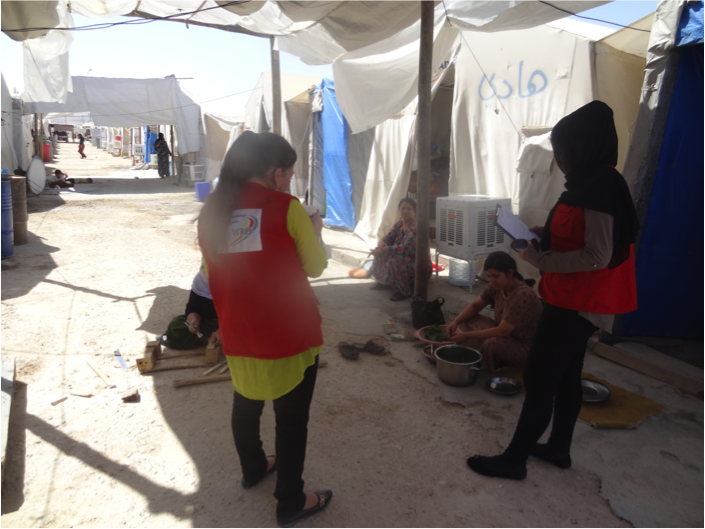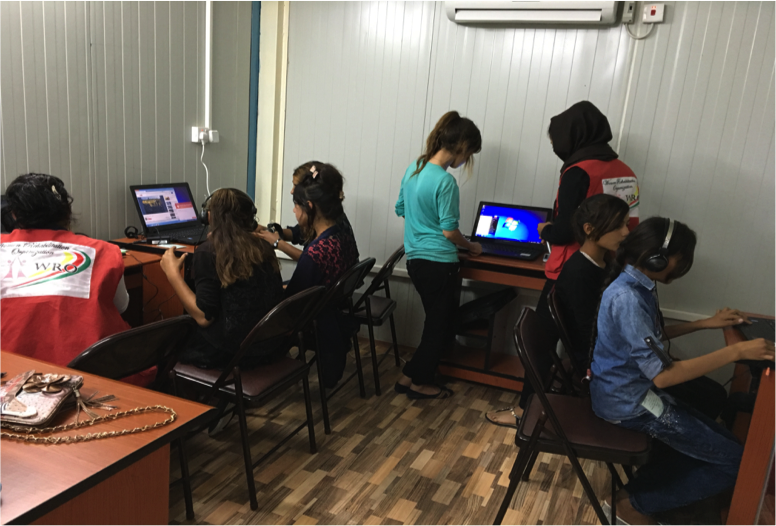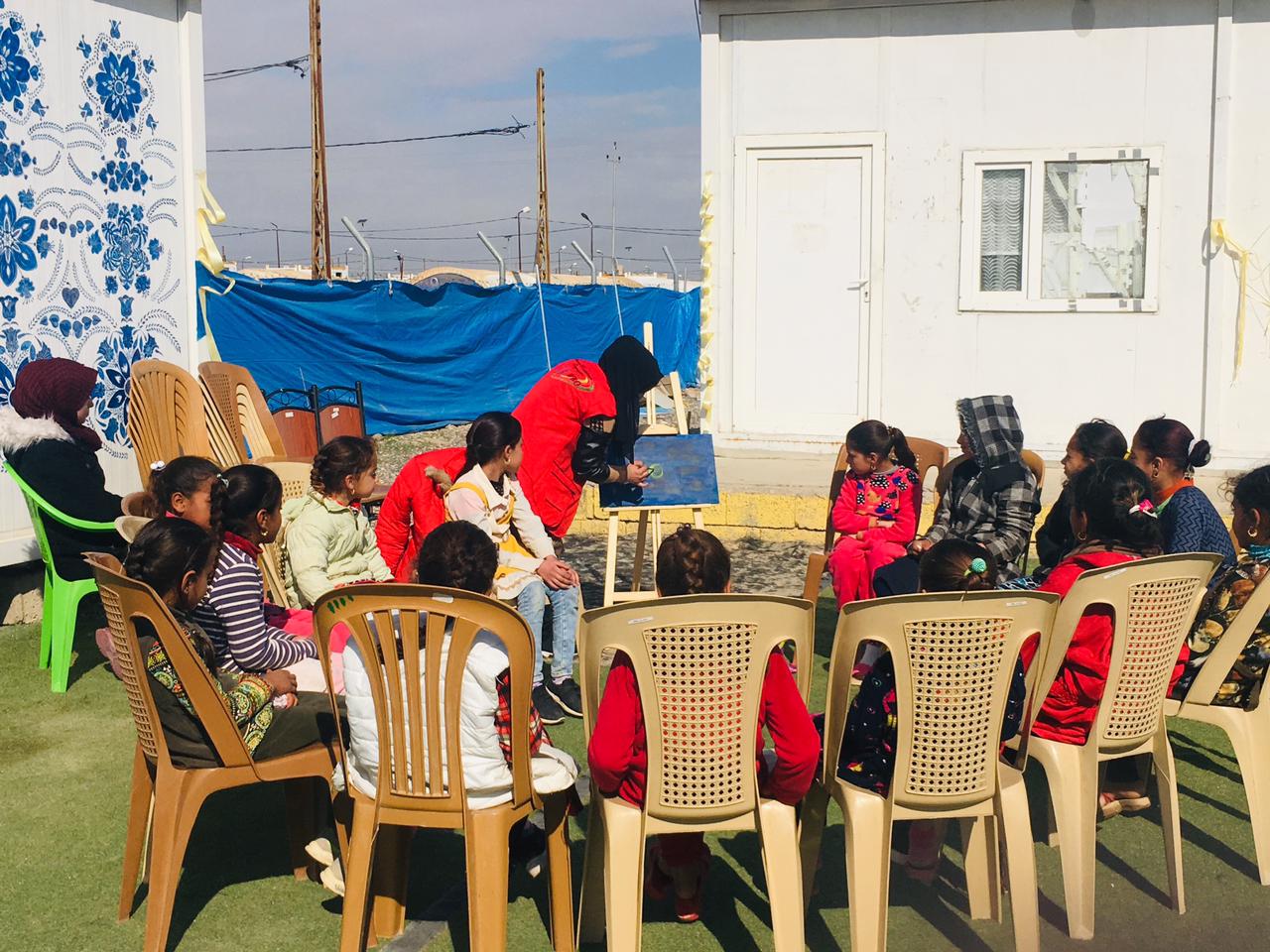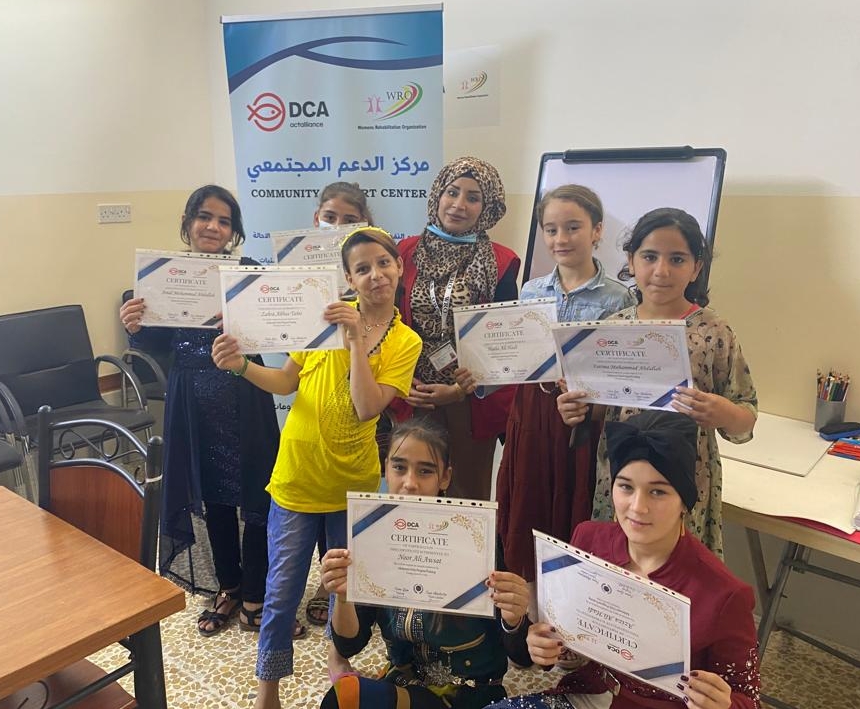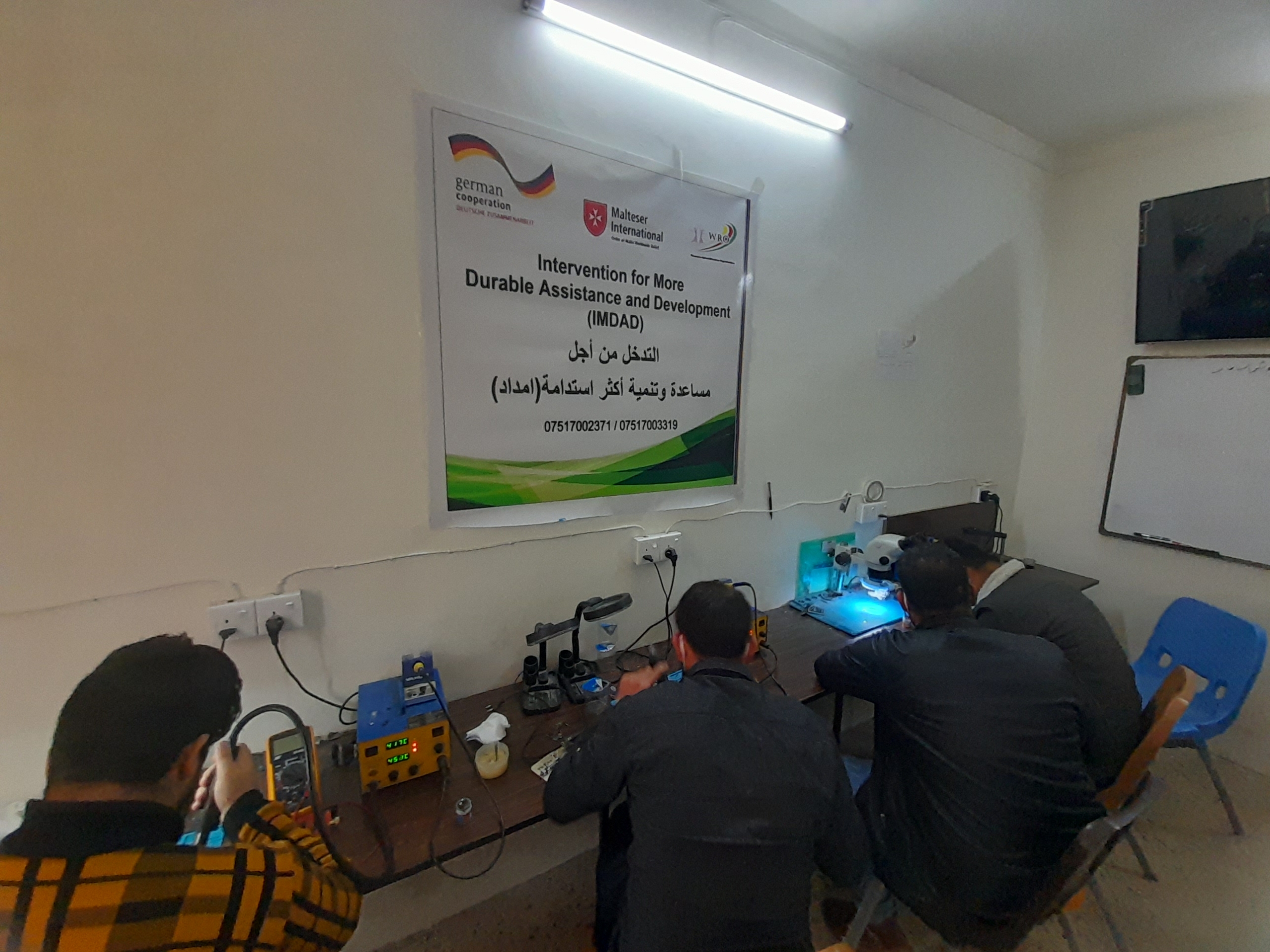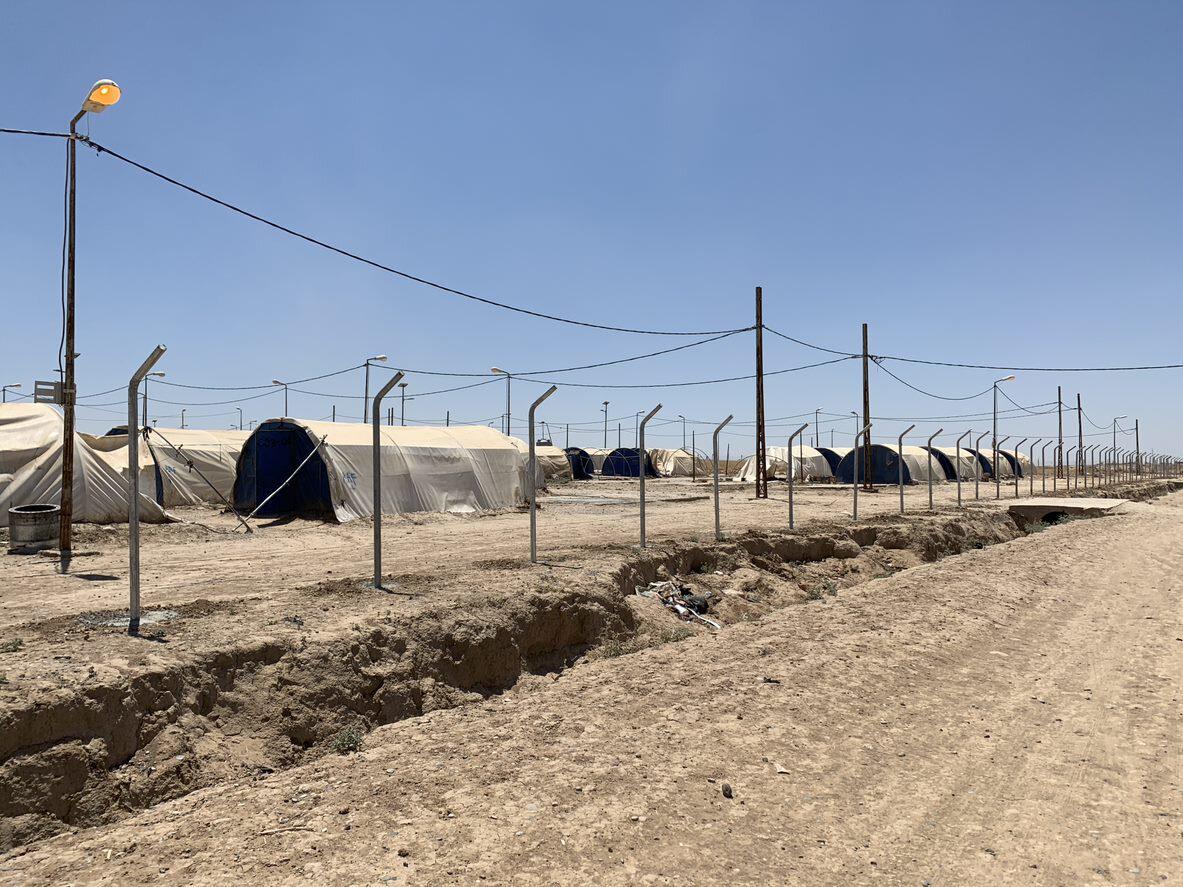Project Description
Funded by: UNHCR
Timeline: January 2016 – December 2016
This project seeks to reduce the risk of SGBV among IDP populations living in Bajid Kandala Camp, Sharia Camp and the non-camp IDP populations residing in Zakho and Semmel District of Duhok and Sinuni, Zummar and Rabia District of Ninewa Province. The impact will be measured by the extent persons of concern are reached through psychosocial support, accessing safe space through the women’s centers, increasing knowledge and access to information about SGBV risks, prevention and response within their communities including access to specialized services for persons at risk of SGBV Conflict and SGBV-affected and at risk women and girls through women centers in Bajid Kandala and Sharia Camp and mobile teams providing services in Semmel and Zakho district of Duhok governorate and Sinuni, Zummar and Rabia District of Ninewa province. WRO will provide two women’s safe spaces and mobile teams active in non-camp locations which will offer psycho-social support, recreational activity and GBV awareness initiatives reaching 7185 vulnerable IDP with a particular emphasis on IDP SGBV survivors and those who are at risk of exploitation or abuse in a 12-month implementation period. The centers and mobile teams will also refer beneficiaries to other community and NGO services for specialized service when needed. The project will work in cooperation with community members to conduct safety audits and raise awareness on SGBV prevention and response through conducting awareness-raising campaign in both camp and non-camp settings.
Sample Project Outcomes/Achievements: WRO successfully operated its Jian community centres in Sharia and Bajid Kandala Camp and the four non-camp mobile teams in the settlements in Zakho, Sumel and Sinuni District. In Bajid Kandala and Sharia Camp WRO offered psychosocial support services, recreational activities, and SGBV and health related awareness sessions –including information on available SGBV services – based on focus group discussions that identified the key needs of SGVB survivors and to those who are at risk. In Zakho, Sumel District of Dohuk and Sinuni, Zummar and Rabia District of Ninewa, the four non-camp Mobile Teams went door to door, engaging community members and reaching out to women and girls residing in formal and informal housing to assess needs. In addition, the Mobile Teams worked to provide psycho-social support, case management, legal assistance and distributed information on how they can be contacted and what other services were available in the area.
- A total of 10,826 community members were reached through SGBV awareness campaigns including 5000 reached through the information dissemination awareness campaign, 1638 through awareness sessions, and 4188 through recreational activities.
- 2,701 GBV survivors, or those at risk, received GBV support services including; 677 through case management, 1859 psychosocial support and 165 legal support services.
- Throughout the year the staff in the two centers and the four Mobile Teams, using the IRC GBV safety audit tools, conducted a total of 26 safety audits.



